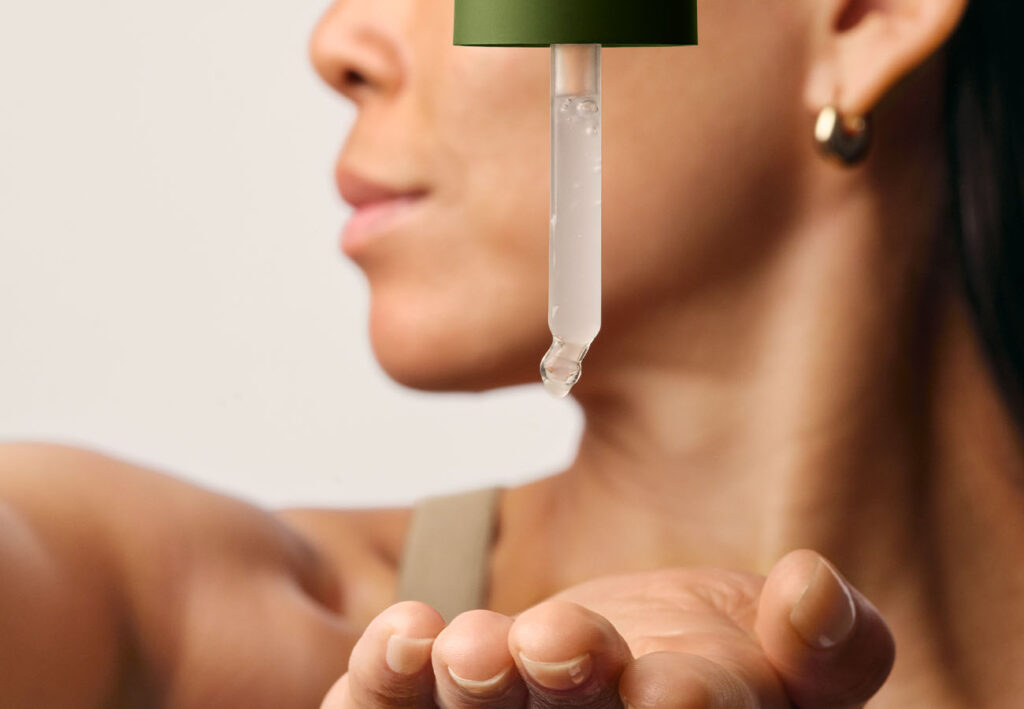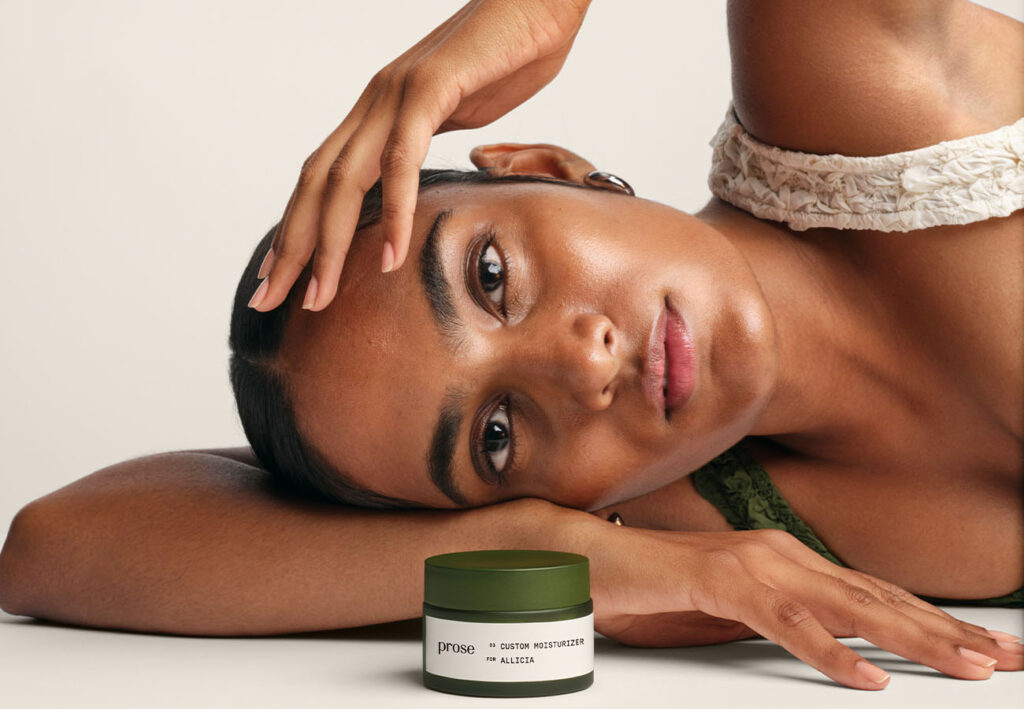What Causes Oily Skin?
Sebum, the oil on your skin, comes from the sebaceous gland found in hair follicles. Because your face has more tiny hair follicles than the rest of your body, it can get pretty oily.
Just how oily your face is depends on some other factors. Genetics often plays a role, with some complexions naturally producing more sebum than others. Other causes of excess oil include stress, hormones, diet, medications and oil-based skincare products.
The Ups and Downs of Oily Skin
Having oily skin isn’t always a bad thing. Sebum can keep your skin moisturized and less likely to wrinkle prematurely. Plus, it can give your whole face a healthy glow.
Of course, there can be too much of a good thing. Oily skin tends to attract dirt easily and can leave your pores highly visible. Excess oil also makes your skin more vulnerable to blackheads and inflammation — which can mean breakouts.
How to Get Rid of Oily Skin
If enhanced sebum production is part of your DNA, it’s unlikely you’ll ever rid oil from your skin for good. Even so, there are ways you can make your oily skin easier to manage. Here’s where to start.
Don’t Skip the Wash
Late nights and early mornings might tempt you to neglect your skincare routine. But regular cleansing is essential for those with oily skin. Washing your face the right way is key to preventing breakouts and keeping oil production under control.
If you’re wondering how to get rid of oily skin but not cleansing regularly, get in the habit of using a cleanser at least twice daily. Take your time, scrubbing gently to wash away buildup that can clog pores. A serum can also soothe skin and prevent breakouts; the right serum may have oil-managing properties.
Maintain the Moisture
Strange as it may seem, oily skin needs moisturizer just as much as dry skin does. Even with extra sebum, your skin can still get dehydrated. Finding the right moisturizer is key to keeping skin supple without overdoing it.
An oil-friendly moisturizer contains ingredients like amino acids and mango leaf extract. These can help mitigate sebum production and combat blemishes. Niacinamide is another helpful ingredient for those with oily skin, as it works to control oil and even pigmentation.
Exfoliate Weekly
Regular cleansing may not be enough to eliminate all the dirt and skin cells that build up in oily pores. Exfoliating once or twice each week can keep your skin fresh and prevent the breakouts that come with excess oil.
When exfoliating, it’s important not to use too much force. Try to use just enough pressure to remove impurities without irritating your skin.
Care for Your Hair
Proximity to your face means your hair can have a big impact on the state of your skin. If you’re prone to oily hair, your face may be more susceptible to pesky breakouts. For this reason, a scalp detox can be a worthy addition to your hair care routine.
A pre-shampoo mask can bring balance to your scalp, controlling the buildup that can lead to excess oil. Following it with quality shampoo can keep dirt and oil at bay until your next detox.
Diversify Your Diet
What you eat can have a powerful effect on your skin—including its oil levels. Diets rich in sugar, dairy and fried foods can irritate the gut and ramp up sebum production. They can also affect hormones, which could make your skin even oilier.
Enjoy these foods in moderation to minimize their effect on your skin. Eating plenty of vitamin-heavy foods can also clear up skin concerns. And of course, drink plenty of water.
Find Skincare Products as Unique as You
Your skin is unlike any else’s, which means its needs are completely unique. For products that aren’t mixed with the masses in mind, turn to Prose. Made-to-order and designed to evolve alongside you, Prose skincare is tailored to you for results that last.
Ready to overcome oil for good? Take the skin consultation quiz today and find your formula.





